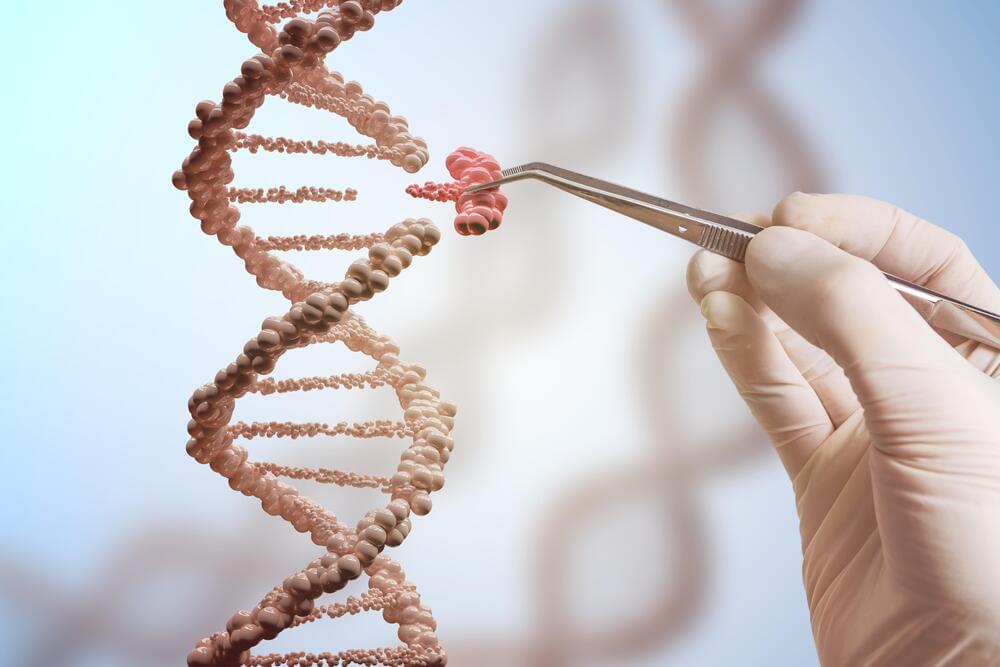
A download site surreptitiously served Linux users malware that stole passwords and other sensitive information for more than three years until it finally went quiet, researchers said on Tuesday.
The site, freedownloadmanager[.]org, offered a benign version of a Linux offering known as the Free Download Manager. Starting in 2020, the same domain at times redirected users to the domain deb.fdmpkg[.]org, which served a malicious version of the app. The version available on the malicious domain contained a script that downloaded two executable files to the /var/tmp/crond and /var/tmp/bs file paths. The script then used the cron job scheduler to cause the file at /var/tmp/crond to launch every 10 minutes. With that, devices that had installed the booby-trapped version of Free Download Manager were permanently backdoored.
After accessing an IP address for the malicious domain, the backdoor launched a reverse shell that allowed the attackers to remotely control the infected device. Researchers from Kaspersky, the security firm that discovered the malware, then ran the backdoor on a lab device to observe how it behaved.
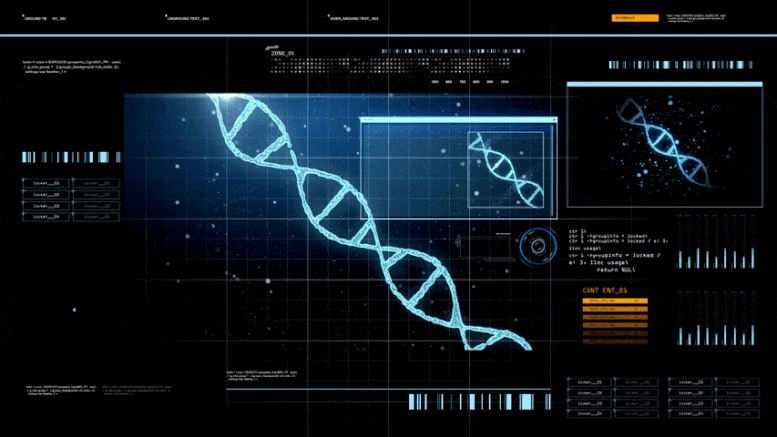

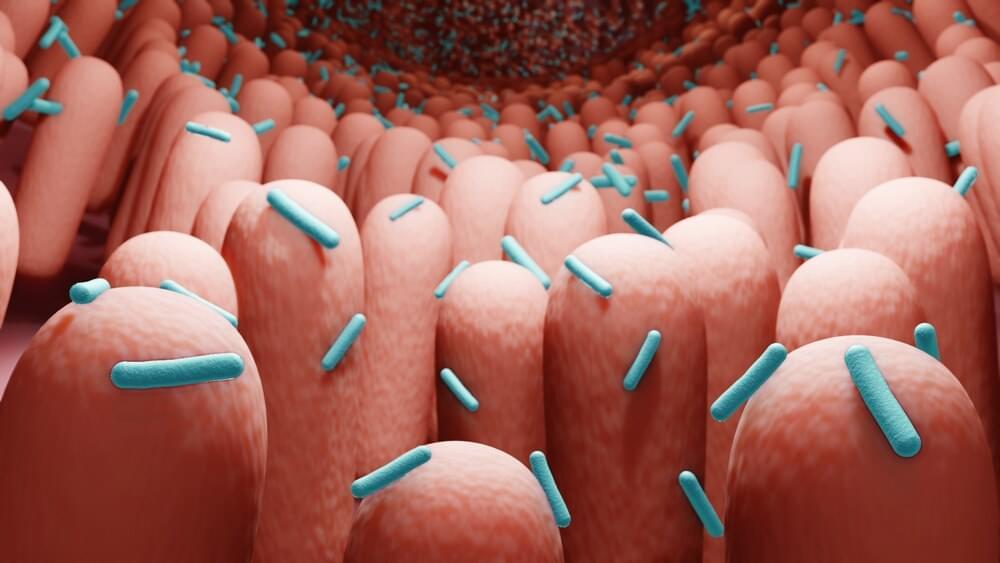

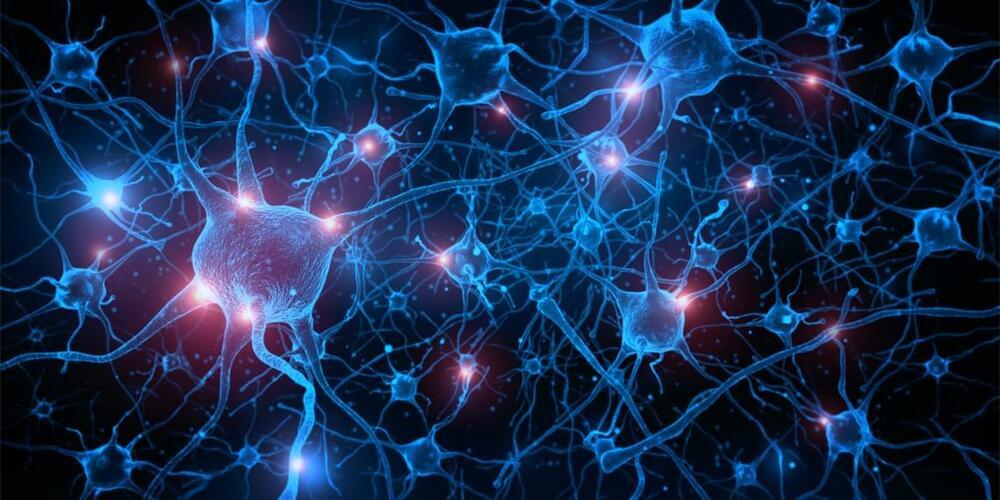
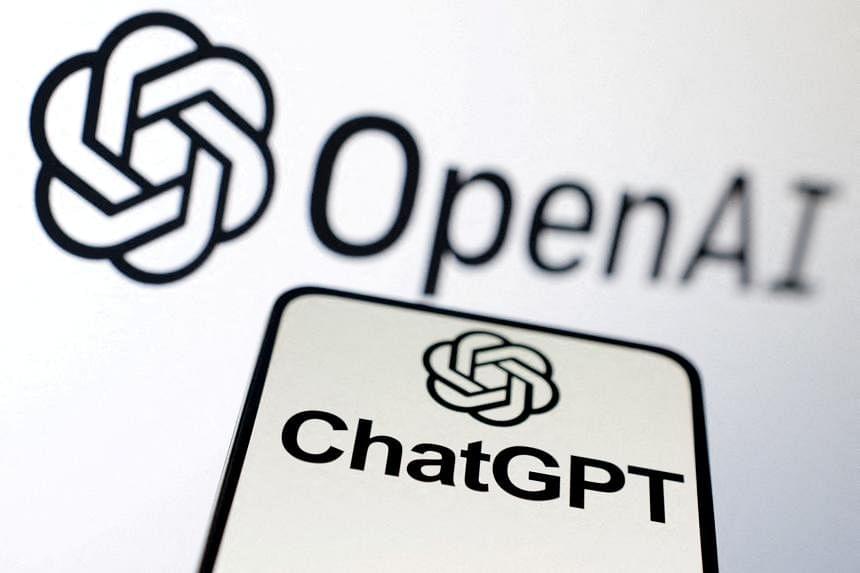


 Mapping molecular structure to odor perception is a key challenge in olfaction. Here, we use graph neural networks (GNN) to generate a Principal Odor Map (POM) that preserves perceptual relationships and enables odor quality prediction for novel odorants. The model is as reliable as a human in describing odor quality: on a prospective validation set of 400 novel odorants, the model-generated odor profile more closely matched the trained panel mean (n=15) than did the median panelist. Applying simple, interpretable, theoretically-rooted transformations, the POM outperformed chemoinformatic models on several other odor prediction tasks, indicating that the POM successfully encoded a generalized map of structure-odor relationships. This approach broadly enables odor prediction and paves the way toward digitizing odors.
Mapping molecular structure to odor perception is a key challenge in olfaction. Here, we use graph neural networks (GNN) to generate a Principal Odor Map (POM) that preserves perceptual relationships and enables odor quality prediction for novel odorants. The model is as reliable as a human in describing odor quality: on a prospective validation set of 400 novel odorants, the model-generated odor profile more closely matched the trained panel mean (n=15) than did the median panelist. Applying simple, interpretable, theoretically-rooted transformations, the POM outperformed chemoinformatic models on several other odor prediction tasks, indicating that the POM successfully encoded a generalized map of structure-odor relationships. This approach broadly enables odor prediction and paves the way toward digitizing odors.